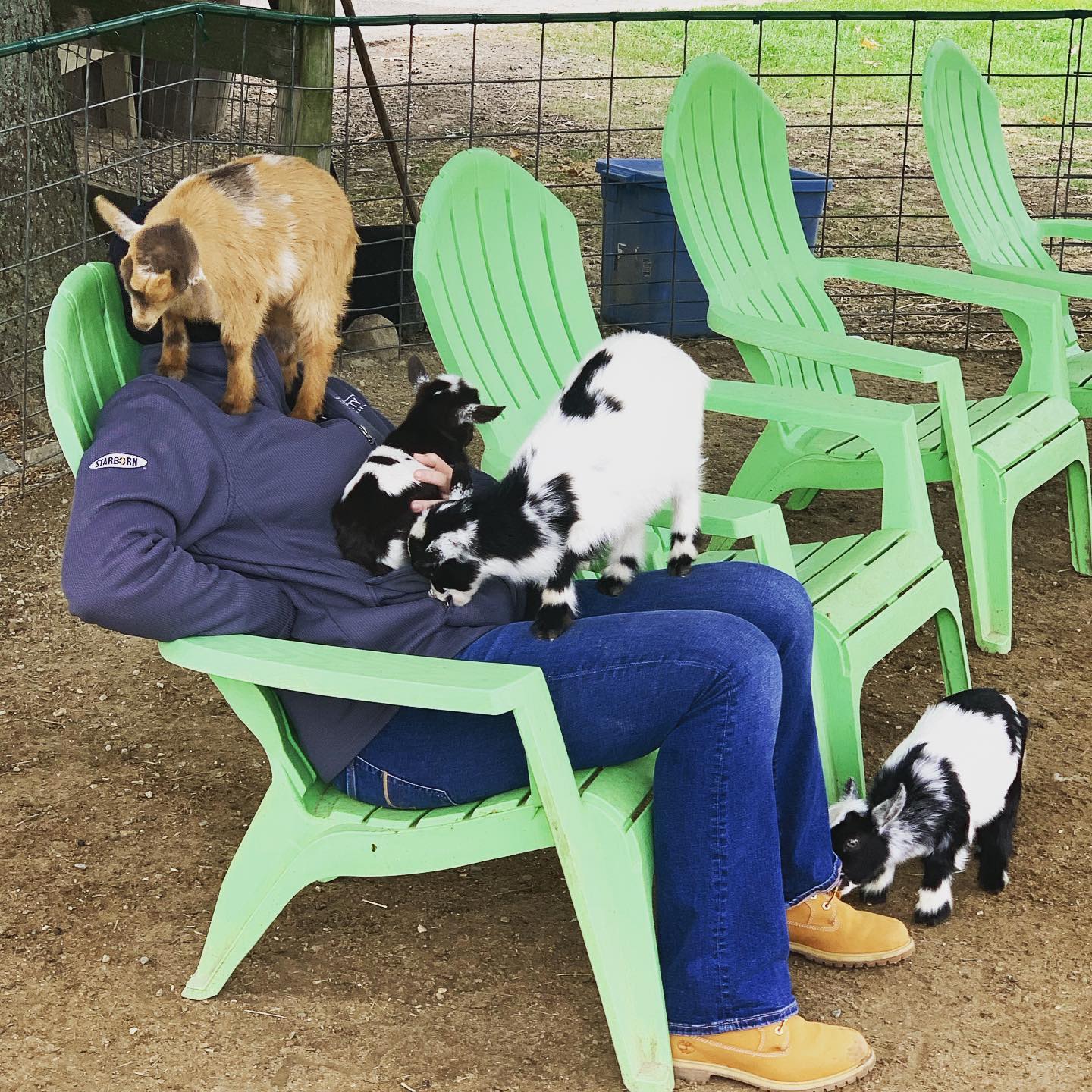Situated on a 40-acre hilltop in Athol, Massachusetts, the Carl E. Dahl House represents a departure from traditional approaches to substance abuse recovery. Here, residents learn to care for livestock and reconnect with the earth, while also receiving clinical support and recovery education.
Patients still receive individual counseling, group counseling and develop individual treatment plans, just as they would in another program. However, instead of sitting in classrooms or on therapists’ couches, these sessions happen in barns and pastures. As a result, the unique therapeutic farming program facilitates healing in a setting that feels more like a large family than a sterile clinic-based recovery program.
“The animals on the farm are the secret ingredient in our equation,” says Katie Follett, the therapeutic farm coordinator for the Dahl House. “Our animals don’t judge. They make no assumptions and have no interest in the mistakes a person has made in the past. Instead, they seek companionship and love.”
Purpose is built into every day, as residents combine counseling sessions with daily farm responsibilities. Farm staff provides all the necessary training and support, enabling clients to go to bed each night with a sense of accomplishment.
“Tasks that at first look like chores such as feeding, watering, grooming, and walking soon become expressions of empathy and compassion for another living being,” Katie explains. “Our animals play a vital role in helping our patients rediscover their self-worth as together they learn how to depend on each other.”
Like any working farm, at the Dahl House there are no days off. “It’s great practice for a person in recovery,” Katie insists. “Just as the farm and animals need care in rain, snow, or blistering heat, people in recovery must work their program every day, no matter what.”

